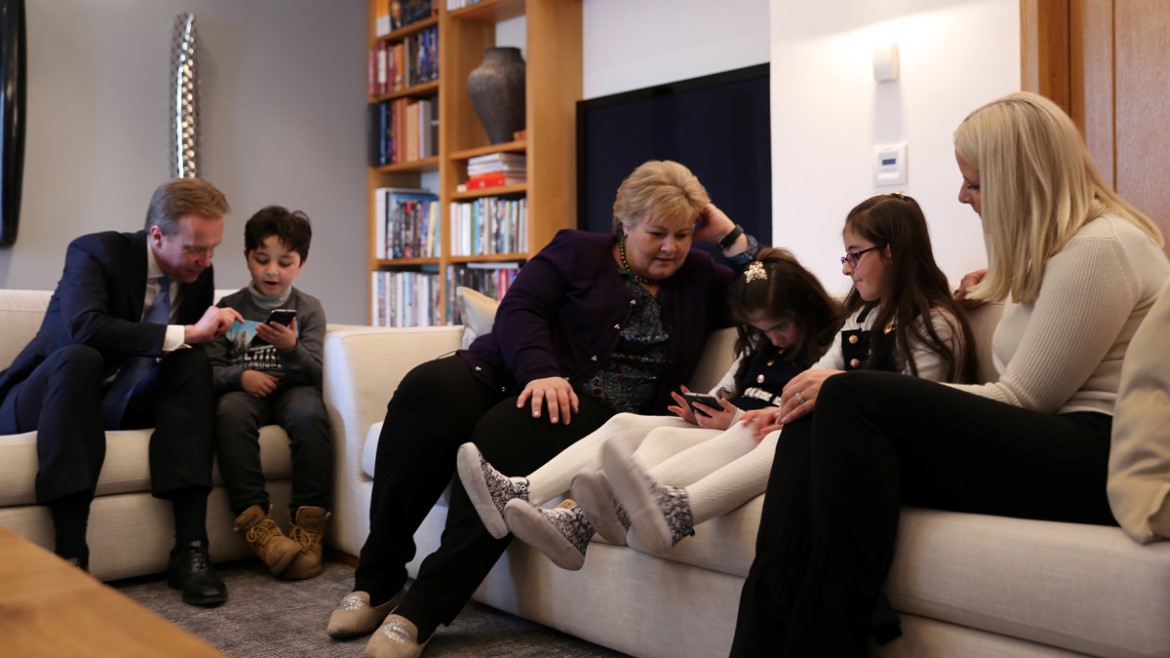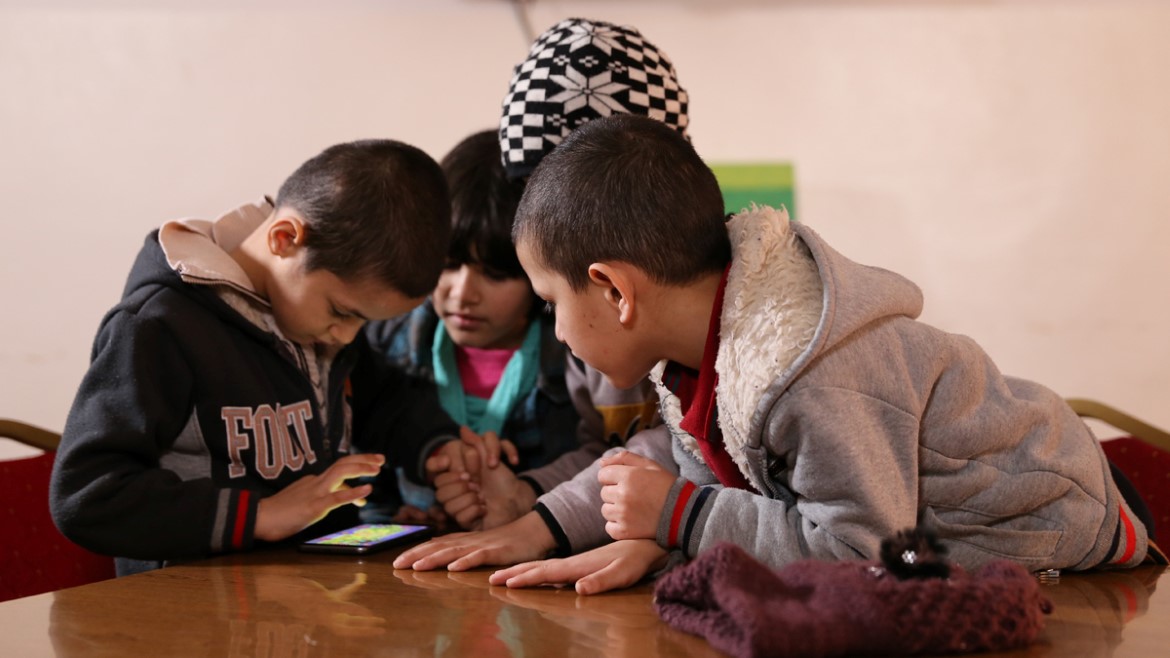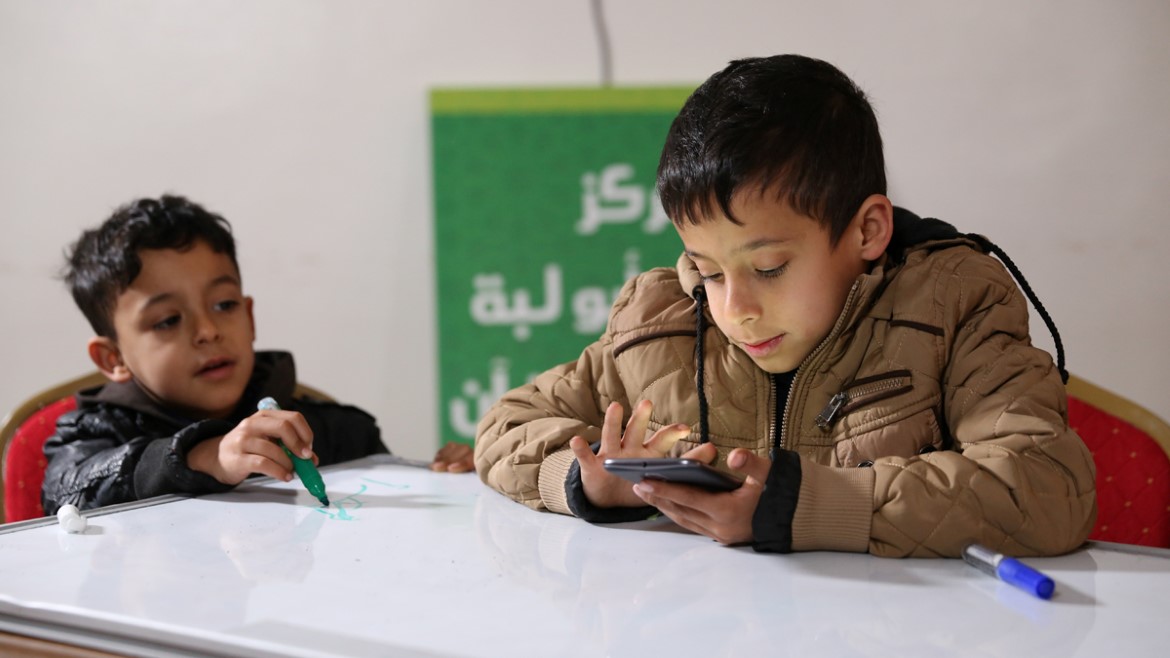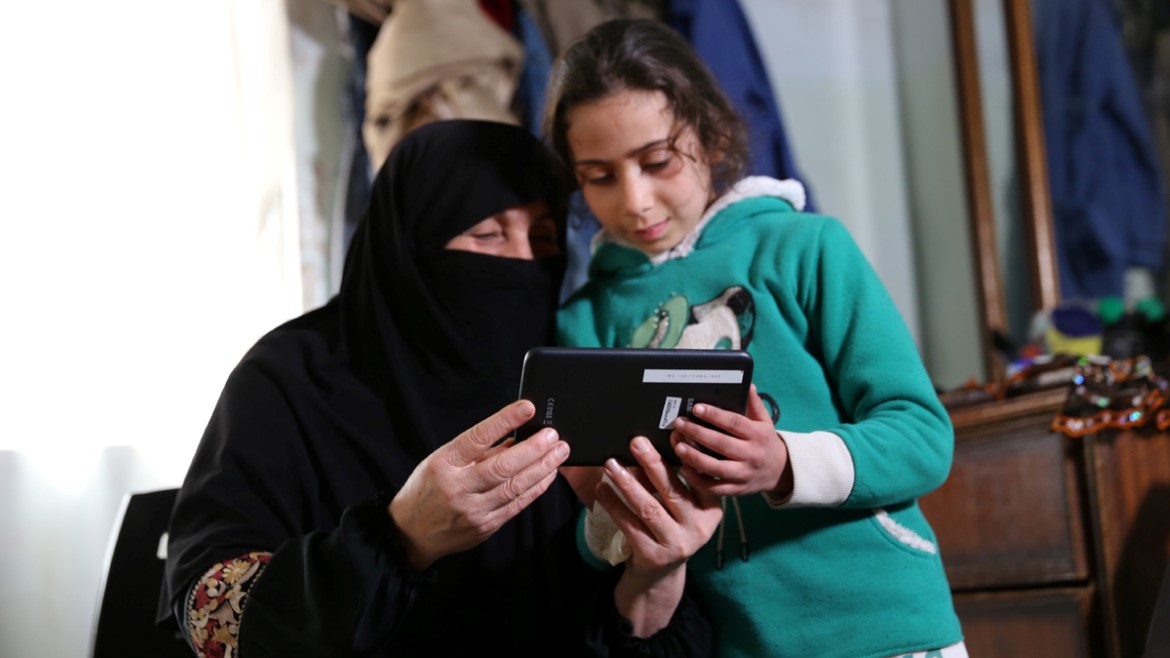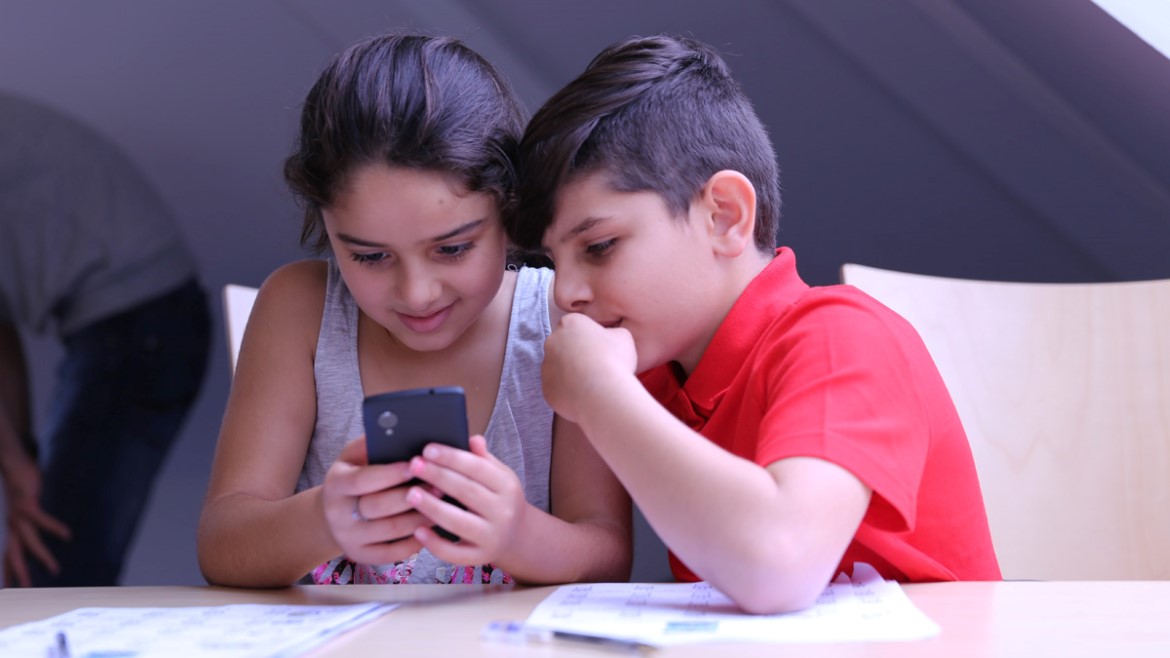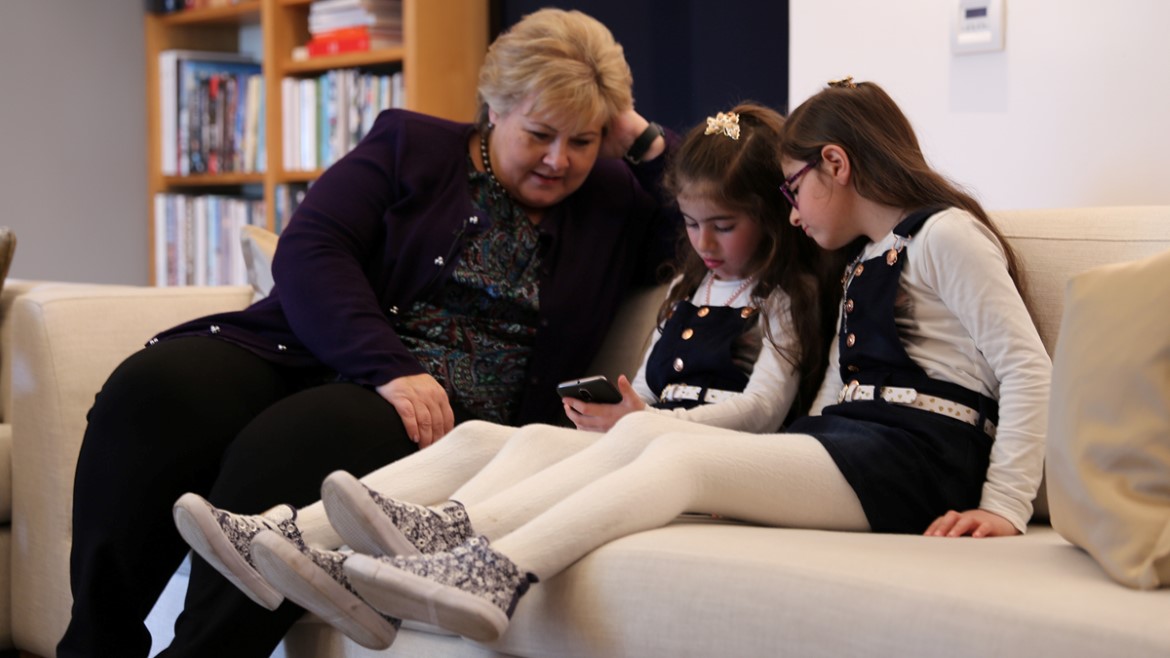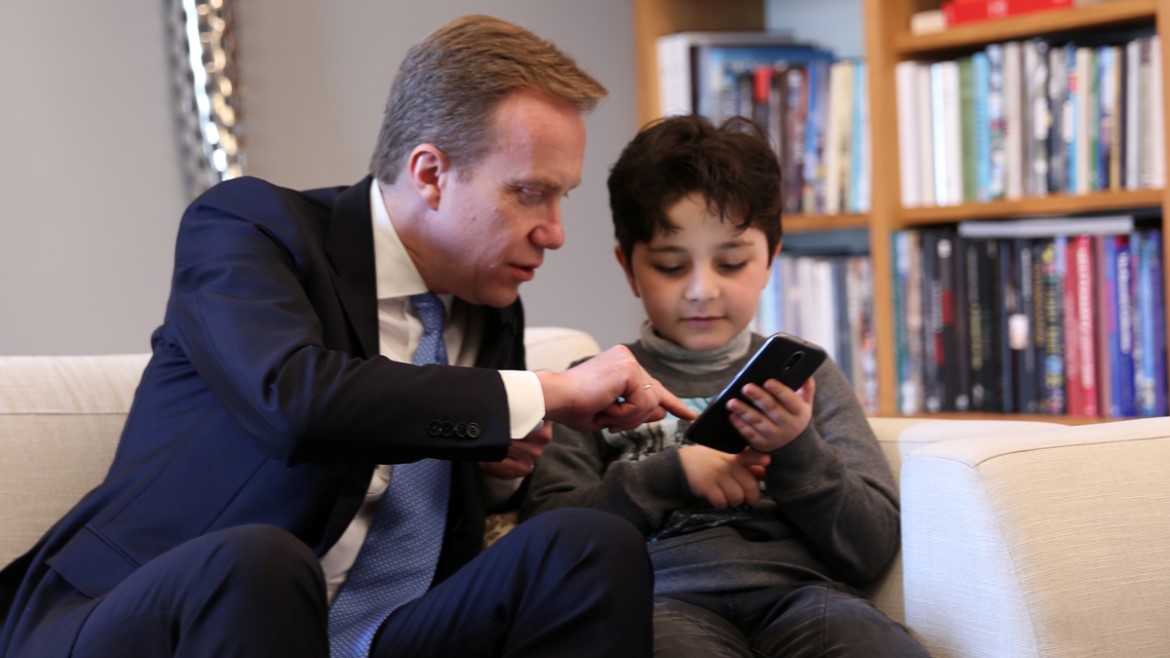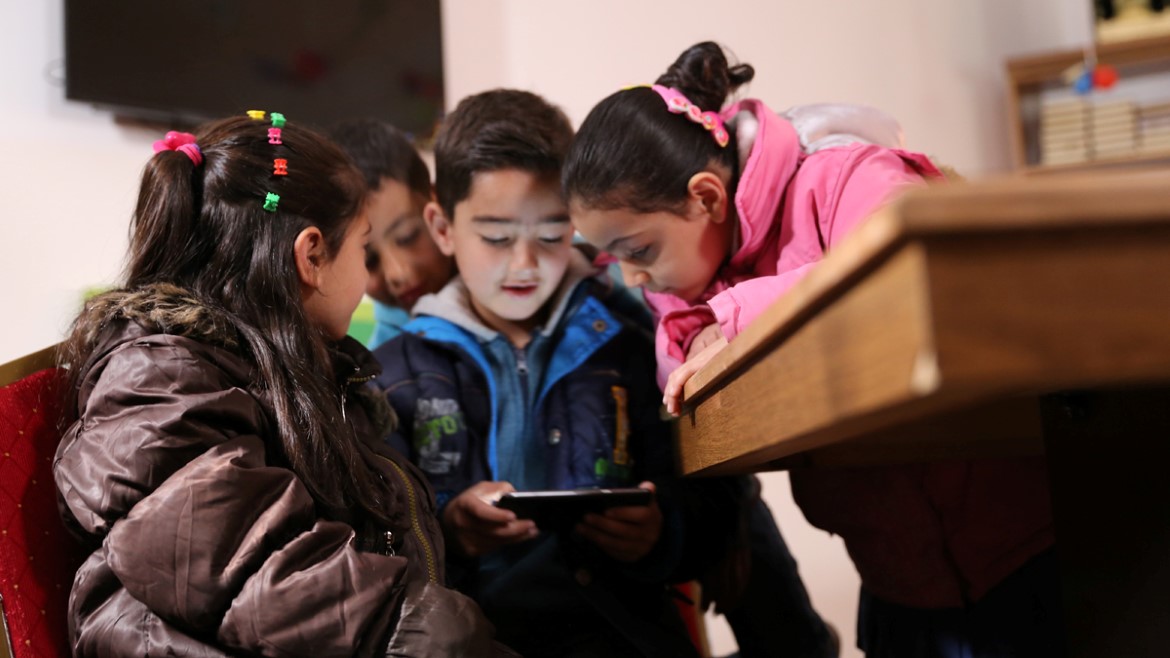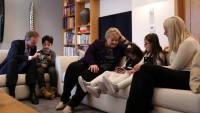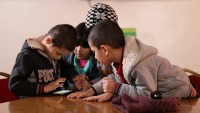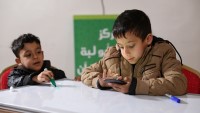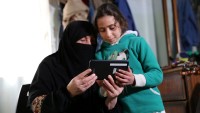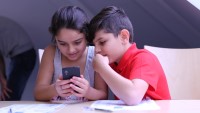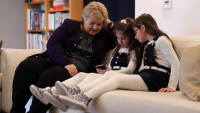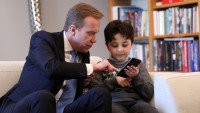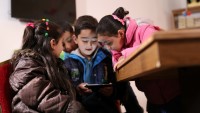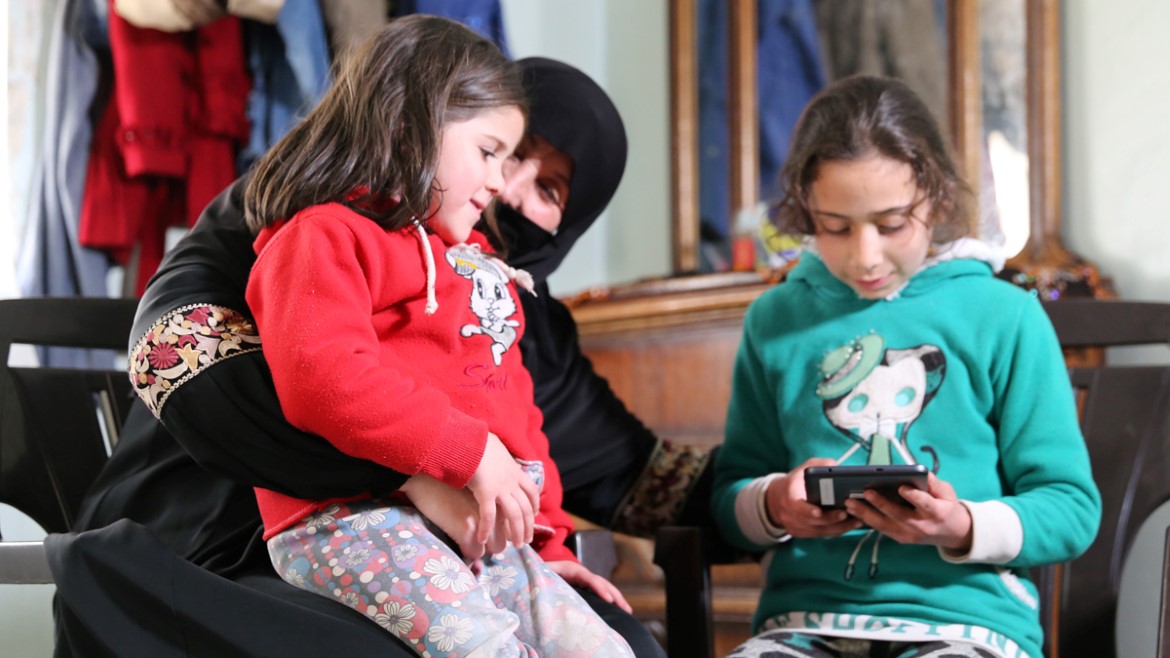
EduApp4syria winning games launched
The games Antura and the Letters and Feed the Monster are selected from the three finalists. The jury opted to select two winning games, given the high quality of both games, as well as their differences in pedagogical approach, graphical style and gameplay.
This variation means that the games can appeal to different kinds of users, and selecting two can therefore ensure a broader total outreach.
The winning games were developed by international consortia led by Cologne Game Lab (Germany) and AppsFactory (Romania) respectively.
Targeting Syrian children
An estimated 2.5 million Syrian children are out of school because of the conflict, which has lasted for six years.
The aim is for the games to be a particularly relevant learning tool for these Syrian out-of-school children aged 5-10. Most of these children still live in Syria and in neighboring countries such as Lebanon, Jordan, Turkey and Iraq.
The games can also be of use for Syrian children in school in a country where they do not speak the language of instruction. Learning to read in Arabic can be helpful for these children’s ability to learn a second language.
Given the long-term exposure to stress, many Syrian children – both out-of-school and in school – experience learning difficulties. The games have been designed to give these children a motivational, engaging and positive learning experience.
Using smartphones as a bridge to learning
Both games are free. The games are less than 100 MB in order for Syrian families – whether they live in or outside of Syria – to download them. The games can be downloaded to phones with different screen resolutions. In addition, the games can be used offline once they are downloaded.
- With this innovation competition we have done everything we can to get developed products that are user-friendly for children affected by the conflict in Syria or other crises and conflicts. We have invested in mobile games to reach families where they are, with fun and engaging learning tool, says project manager Liv Marte Nordhaug at Norad.
Based on assessments in the project, most Syrian households with children in the target age range will have access to one or more smartphones. Of course, there still are families without access, but the majority will have the technology to download these games.
- It is important to stress that to these families their phone is a necessity for staying in touch with friends and family, for storing memories such as photos and important documents, and for accessing lifesaving information, says Nordhaug.
Making the games available
An immediate priority after the launch will be to collaborate with mobile operators, technology companies and humanitarian organizations to ensure that as many Syrian families as possible hear about the games and find ways of accessing internet to download them.
- For me as project manager this project has been about getting high quality mobile literacy games ready as quickly as possible, given the desperate need to provide learning alternatives for the Syrian children who are out of school or struggling to learn the basics in school, says Nordhaug.
The way forward
The Arabic versions of the games may potentially be only the beginning. The games have open source licenses so that anyone who wishes can further develop them. It has been part of the specifications for the competition that the games should be possible to adapt to other languages. There is already significant interest from several stakeholders for re-versioning to other languages.
But first it is important to know if the current Arabic versions are having the intended effects on literacy learning and psychosocial wellbeing. An immediate next step will therefore be to start an impact evaluation of the games.
If the evaluation comes out positive, the Norwegian government has signaled that Norway will finance re-versioning to several other languages in close collaboration with relevant stakeholders.

